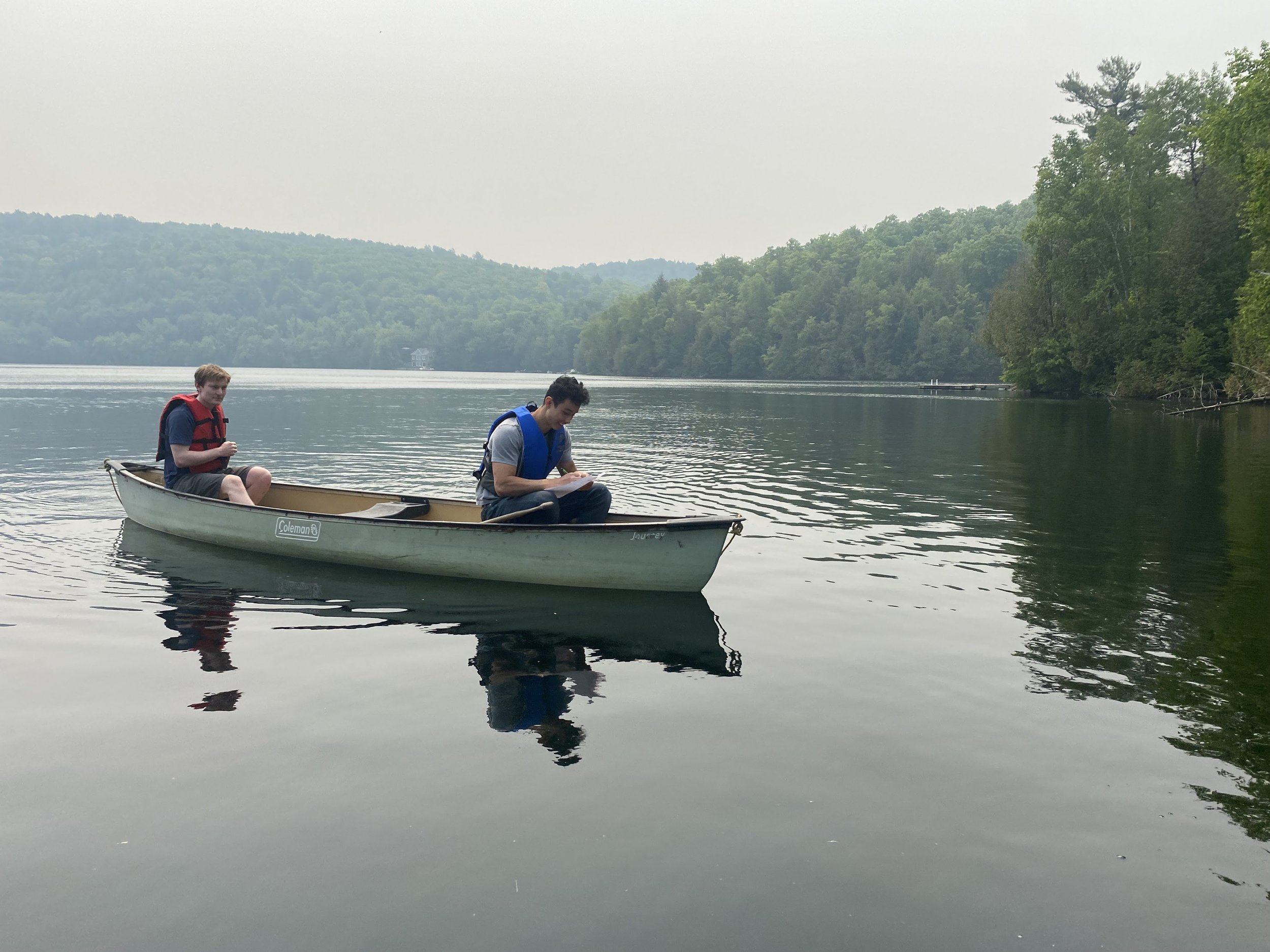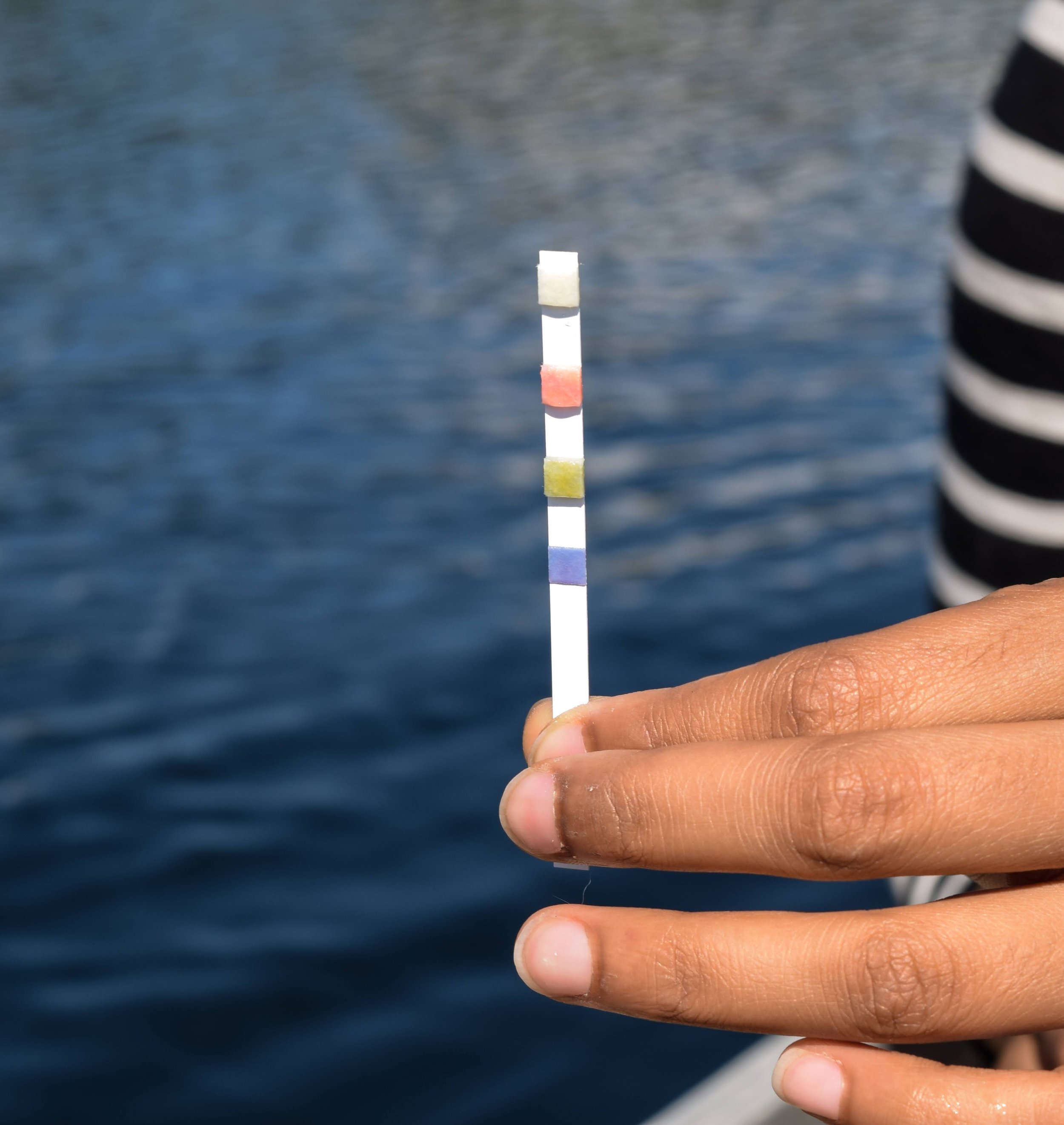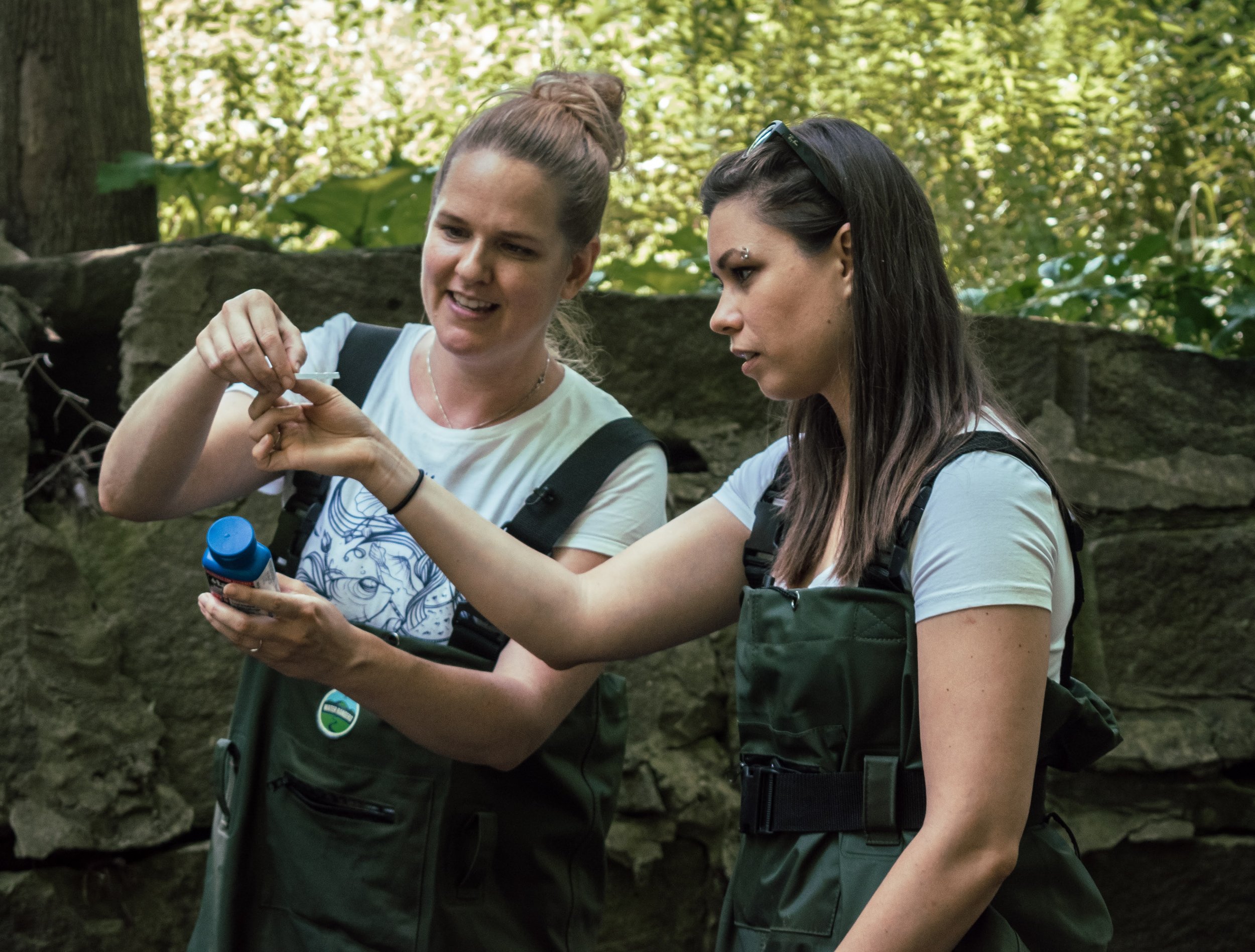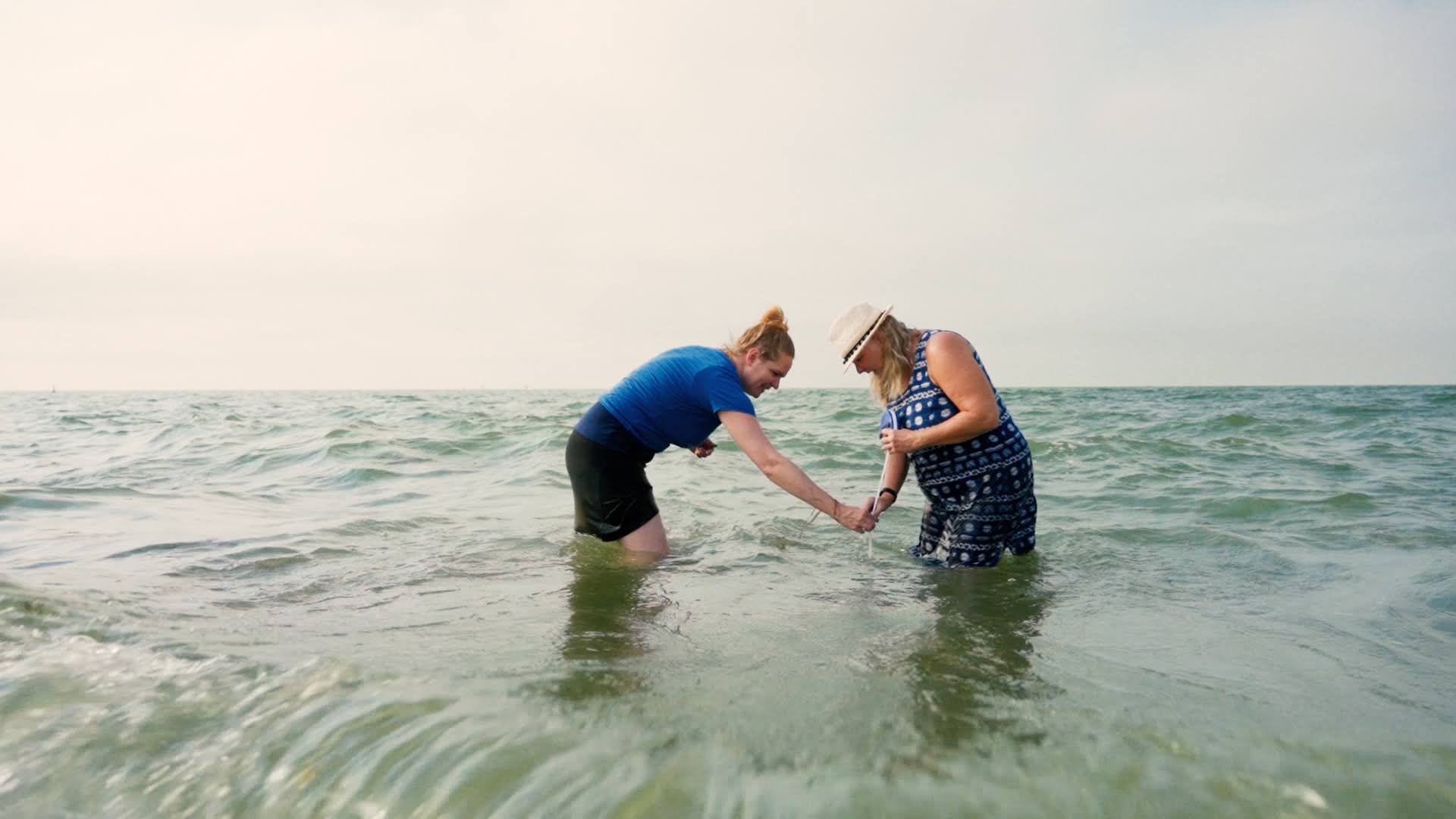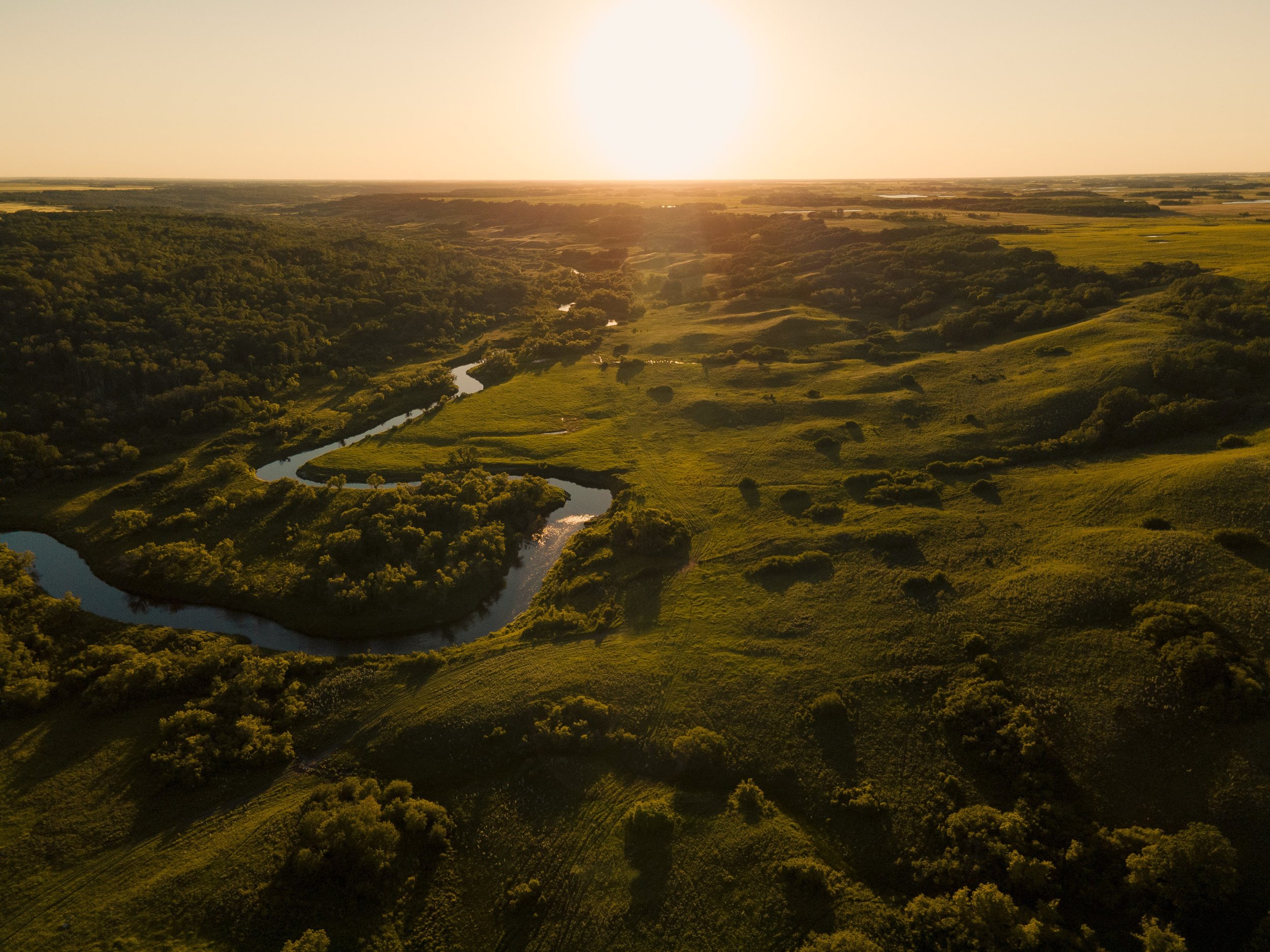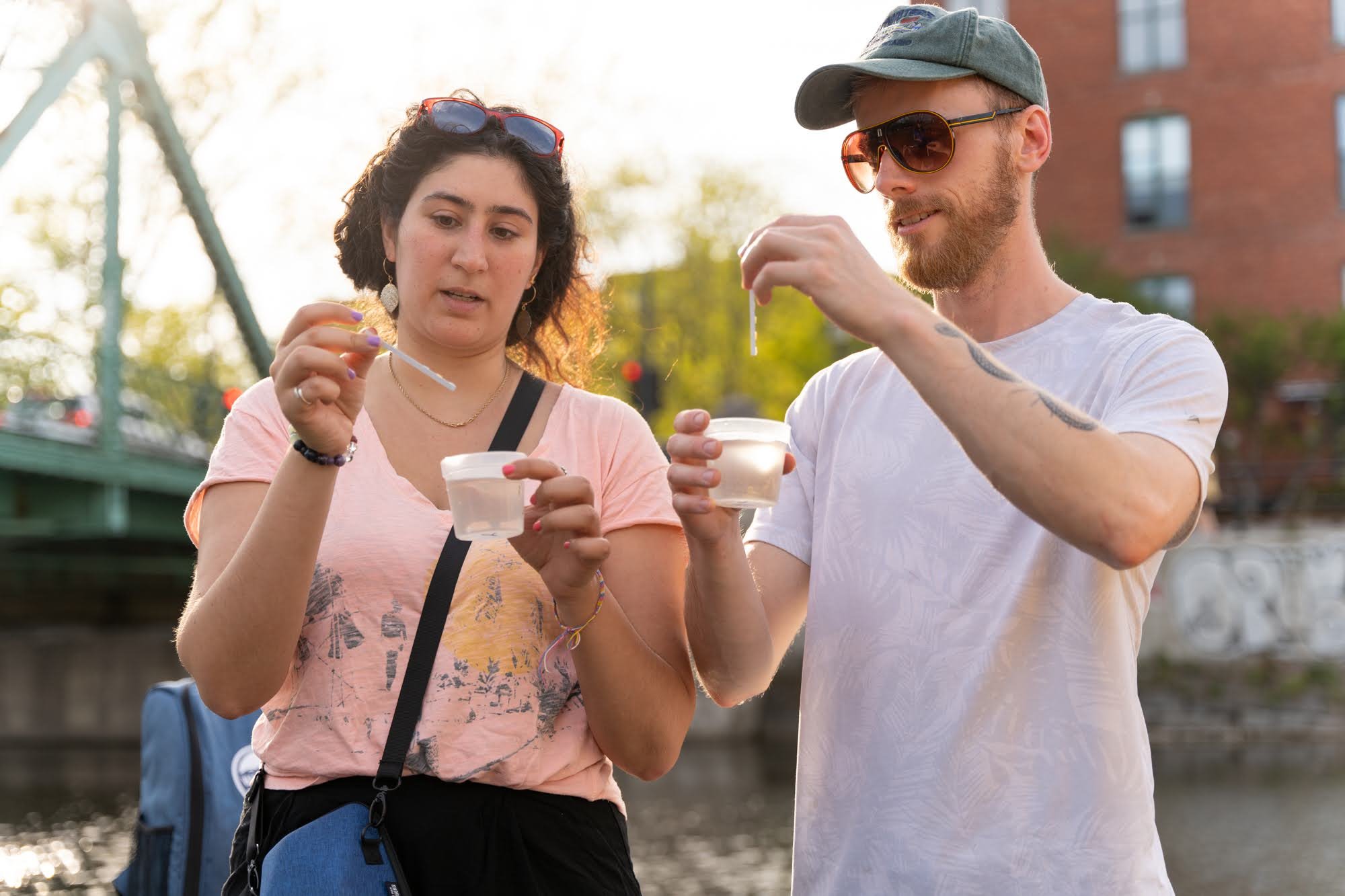Water Rangers
Water Rangers originated as the first winner the Aquahacking Competition in 2015, and subsequently expanded into the non-profit world. Their goal is to lower barriers so that everyone can participate in caring for their local water bodis by gathering and sharing water quality data. According to the 2020 WWF Watershed Reports, across Canada, almost 60% of all sub-watersheds do not have enough data to determine if they are healthy. Water Rangers helps to reduce this number through integration and support of community-based water monitoring.
Community-based water monitoring provides participants the opportunity to become water stewards and share the data they collect with others around the globe. Since its founding, Water Rangers has trained over 20,000 people in water monitoring, helped to generate 200,000 new data points about Canadian water bodies, and has over 250 groups from across the country utilizing their services.
As of September 2023, Water Rangers has become the new steward of the World Wildlife Fund’s Watershed Reports. Incorporation of Water Rangers data into the Watershed Reports expands the data to new audiences and helps to provide a better overview of water health in each watershed. Additionally, Kat Kavanagh, one of the Founders and Executive Director of Water Rangers, has been named an Ashoka Fellow. Kat was a member of the original winning Aquahacking team and helped create and build the platform and Water Rangers as a non-profit. One of the founding beliefs Kat instilled in the organization is that water monitoring should be a user-friendly experience that empowers people and communities while fostering participation and the development of solutions.
“A hope for the future is that people are the eyes on the ground for water bodies, and communities have the tools they need to see if the water needs help, so they can be the first line of defense.”
– Laura Gilbert, Community & Operations Manager at Water Rangers.
Connection to Clean Technology
Water Rangers provides easy-to-use testkits that include devices to test for a variety of baseline water parameters. These baseline parameters include conductivity, temperature, clarity, dissolved oxygen, pH, alkalinity, chlorine, and water hardness. All their tools fit into a portable backpack which includes detailed infographics designed with user-friendliness at the forefront. Once samples are taken, participants can upload their results in the field using Water Ranger’s online data platform and iOS app. The data uploaded becomes accessible to anyone interested in using or viewing the data, including community members and scientists across Canada. In the future, Water Rangers are hoping to expand their testing capabilities to include more parameters, include chloride strips to monitor for the presence of road salts in water.
Work in Motion: The Ripple Effect
For close to a decade, Water Rangers has supporting the collection of water data from across Canada. One of the most underrepresented provinces in Canada for water quality data is Saskatchewan. In collaboration with the University of Regina, Water Rangers has been developing a community-led approach to water sampling that can be used across Saskatchewan. The program helps people understand how Saskatchewan’s water is changing over time. This is one of many specific projects and partnerships Water Rangers has been working on. The Ripple Effects series, as seen below, shows how the project is helping people across Saskatchewan learn more about their waterways.
